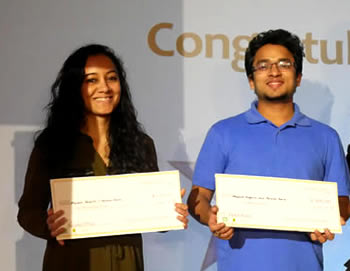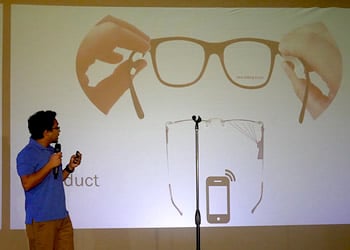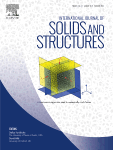 L. Brad King (ME-EM) is the principal investigator on a project that has received a $55,000 contract from the Utah State University Space Dynamics Laboratory.
L. Brad King (ME-EM) is the principal investigator on a project that has received a $55,000 contract from the Utah State University Space Dynamics Laboratory.
The project is “Auris: A Cubesat to Characterize and Locate Goestationary Communications Emitters.” This is a one-year project.









